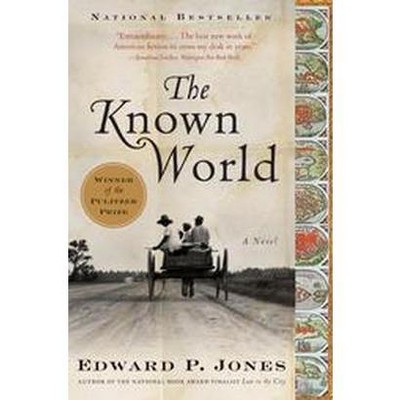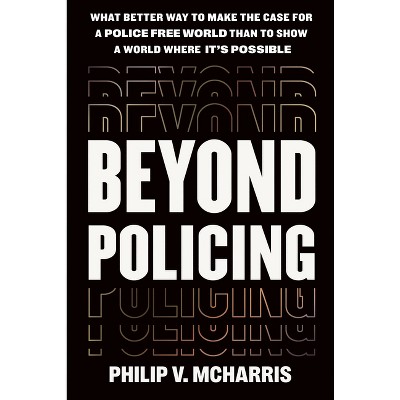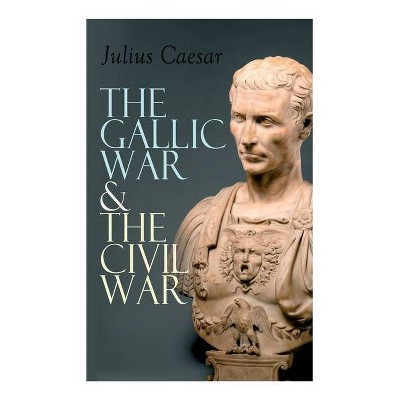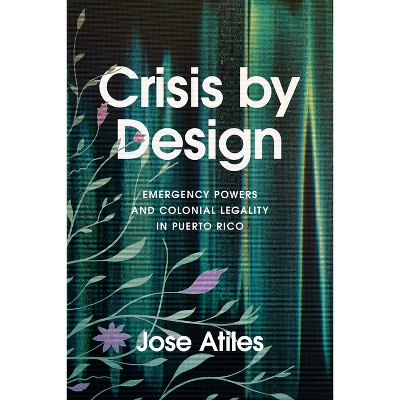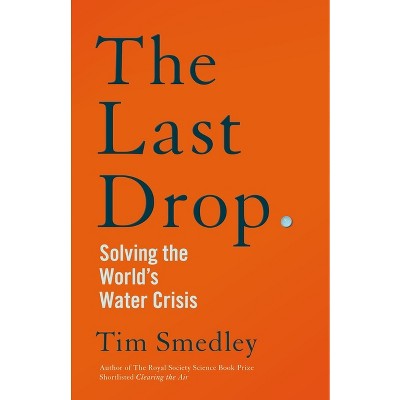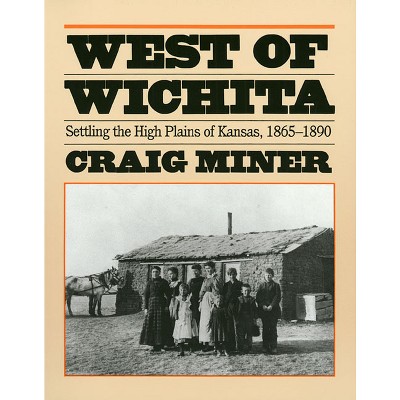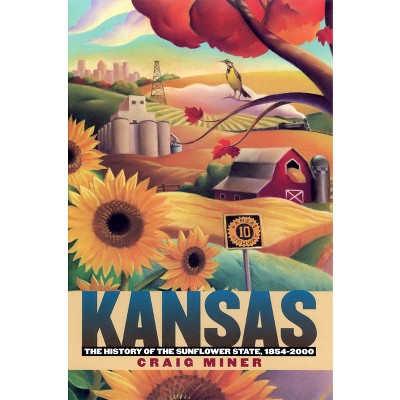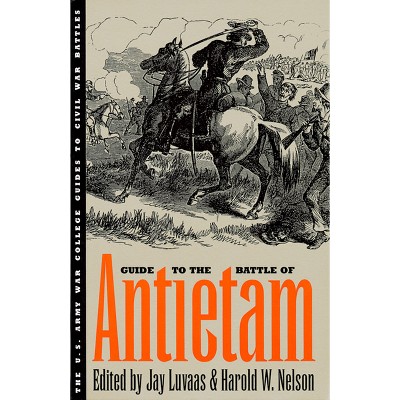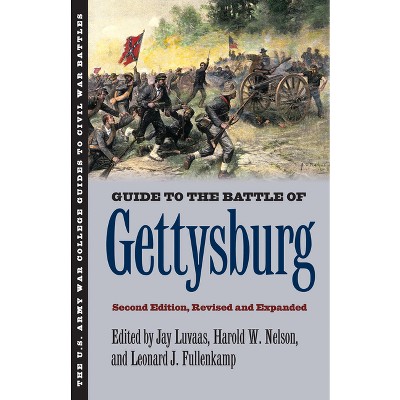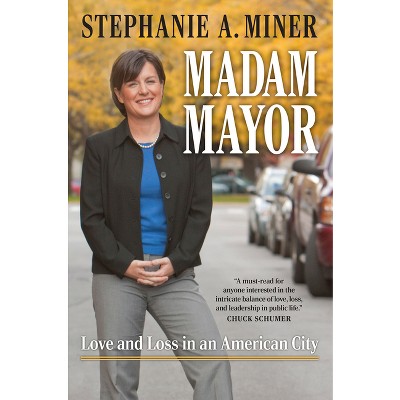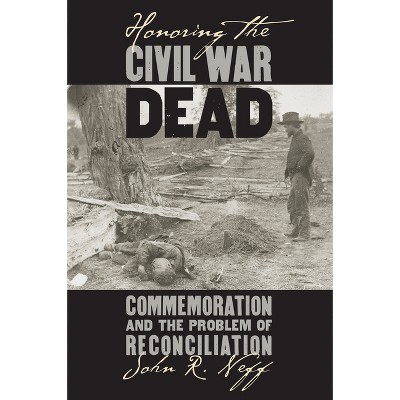Sponsored

Seeding Civil War - by Craig Miner (Hardcover)
In Stock
Sponsored
About this item
Highlights
- Following the passage of the Kansas-Nebraska Act, Kansas Territory was a national issue that dominated America's press, not to mention three sessions of Congress.
- Author(s): Craig Miner
- 322 Pages
- History, United States
Description
About the Book
The fullest account of how American journalists used Kansas as a focal point for their heated, polarizing rhetoric in the lead-up to the Civil War--thereby widening the sectional rift, weakening the chances of accommodation, and contributing more to the onset of the Civil War than has previously been recognized.Book Synopsis
Following the passage of the Kansas-Nebraska Act, Kansas Territory was a national issue that dominated America's press, not to mention three sessions of Congress. Hundreds of thousands of articles and editorials--4,500 in the New York Herald alone--were published about Bleeding Kansas during those four tumultuous years leading up to the Lecompton Constitution. Craig Miner now offers the first in-depth study of national media coverage devoted to the beleaguered territory, unearthing new examples of what Americans were saying about Kansas and showing how those words affected the course of national events. Miner draws on dozens of newspapers and magazines from all parts of the country and of all political persuasions: a trove of rich quotations and unvarnished epithets, nearly all of them published here for the first time. He reveals how the heated, polarizing rhetoric widened the sectional rift, weakened chances of accommodation, and contributed more to the onset of civil war than has been previously recognized. Miner shows what a tremendous obsession Kansas was for the nation-a whipping boy for sectional and political emotions-and how thoroughly it dominated the press in cities large and small, North and South. He argues convincingly that the endless, seemingly fruitless debate was important more because of the way events were discussed than because of the significance of the events themselves and that it contributed to the cynicism that made war inevitable-for some, even desirable. Along the way, he addresses such topics as the vagaries of voting as a democratic solution to moral divisions, the Kansas issue as a religious debate, the media creation of martyrs, and Kansas governors as examples of leadership, for good or ill. After reading Seeding Civil War, Kansans will never be able to regard Lawrence and Lecompton the same way again, while national readers will gain surprising insights about their own towns during this critical time--and experience firsthand the unfolding of a national disaster.Review Quotes
"Miner's book is an especially timely one, with implications beyond the issue of Civil War causality. . . . By providing a wealth of insights on antebellum journalistic standards and practices, Miner provides much-needed guidelines for interpreting such sources."--Reviews in American History
"[A] readable, thought provoking book. We watch the developing positions, the hardening of attitudes and the demonizing of the other side as it occurs. This is not a pretty picture but provides food for thought about what happens when all accommodation and restraint is lost.
. . . This is an invaluable book for students of events leading to the Civil War, students of Bleeding Kansas and anyone interested in the role of the press in national events."--TOCWOC - A Civil War Blog
"Miner offers the first truly comprehensive view of pre-Civil War Kansas in the national press. [He] casts his incisive gaze widely. . . . [His] decision to juxtapose opinions expressed in newspapers with utterances delivered in the pulpit and the halls of Congress demonstrates the effectiveness with which words that rolled off the presses reverberated through political and cultural channels of communication to audiences flung far from the prairies of Kansas."--American Historical Review
"Miner makes a major contribution to the literature. Seeding Civil War is by far the most thorough and careful examination of how the press covered Bleeding Kansas. "--Great Plains Quarterly
"Miner's collection of quotes and articles provides a new insight into the coming of the US Civil War. Recommended."--Choice
"Opens a window into America's psyche and helps to make sense of the hotheaded rhetoric of the time. It is this resulting fervor, Miner argues, that locked the country into war. . . . This book is a must-read for Civil War media scholars and all others interested in media's impact on war. . . . In addition to the book's scholarly value, it is simply enjoyable to read. Miner is an excellent writer, pulling the reader easily through his colorful prose and the many vibrant quotations from the often scathing and always entertaining editorials he cites."--American Journalism
"The 'dean of Kansas history' has lived up to his title (again!) by producing a finely researched, well-written analysis of the events that unfolded in Kansas following the passage of the Kansas-Nebraska act. Miner demonstrates the centrality of the 'Kansas question' to newspaper editors nationwide. . . . [He] has provocatively suggested that it was less the events themselves and more the descriptive language and stereotypical arguments presented in the national press that made the difference in the slide towards civil war."--Kansas History
"Miner paints a harrowing picture of the territory as a fraying rope in a sectional tug-of-war, powerless to establish order in the wake of the nation's insatiable mania. . . . Miner has written a clearly focused media history that brings to life the popular sectional perceptions, coupled with a discussion of both immediate and lasting consequences. Additionally, the most notable aspect of Miner's book is its objectivity. Though he is critical of the methods used by both Northern and Southern journalists to stir up public ire, he makes a concerted effort to avoid value judgments favoring one side or the other. . . . [A] fascinating account[s] of how the media covered and contributed to the origins of the Civil War."--H-Net Reviews
"A valuable contribution to the field."--Journalism History
"This well-researched book is a fresh, intriguing perspective on the period and the larger significance of Kansas."--Wichita Eagle
"An ambitious and important recasting of the Kansas conflict within the context of American popular culture during the 1850s. Miner's sweep is impressively broad, and his survey of editorial opinion is remarkably thorough and inclusive. . . . A genuine contribution to the literature that meets a longstanding need and greatly enhances our understanding of the Kansas conflict's broad political and cultural reverberations."--Kenneth J. Winkle, coauthor of The Oxford Atlas of the Civil War
Shipping details
Return details
Frequently bought together

Trending Non-Fiction






